On November 13, 2023, in Hanoi, the State Bank of Vietnam (SBV) coordinated with the Ministry of Construction to organize a conference on credit for real estate and social housing development.
At the Conference, the representative of the State Bank said that by September 30, 2023, the total outstanding credit balance for the real estate sector of credit institutions (CIs) reached VND 2.74 million billion, an increase of 6.04% compared to December 31, 2022, accounting for 21.46% of the total outstanding debt to the economy.
Some units such as Vietnam Prosperity Joint Stock Commercial Bank (VPBank) and Vietnam Joint Stock Commercial Bank for Industry and Trade (VietinBank) have announced their outstanding loans and "hinted" at their lending appetite.
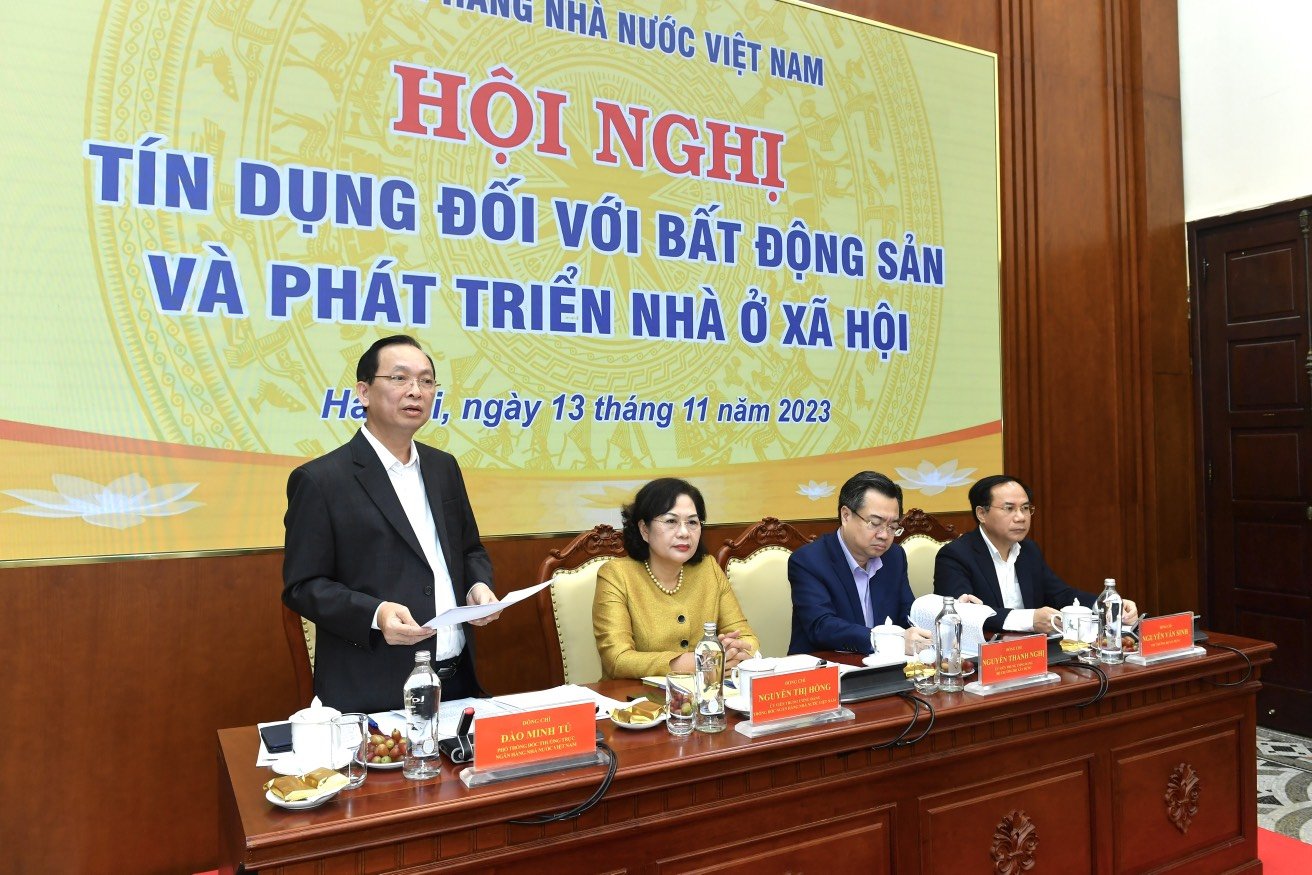
On November 13, 2023, in Hanoi, the State Bank of Vietnam (SBV) coordinated with the Ministry of Construction to organize a conference on credit for real estate and social housing development. Photo: SBV
Real estate lending increased sharply
VPBank said that as of September 30, 2023, the total outstanding credit balance for the real estate sector at VPBank is VND 92,536 billion. This is the outstanding balance that VPBank focuses on disbursing according to the credit limits committed to traditional customers who have had long-term credit relationships with VPBank, are assessed as good, have stable cash flow, prime project locations, and highly feasible business plans.
Among the 26 customers who are Groups/Corporations according to the List of Enterprises attending the Conference, there are 5 customers who have outstanding loans at VPBank, with a total outstanding loan balance of VND 12,858 billion, accounting for 6.8% of the total outstanding loan balance in the real estate sector.
VietinBank has always accompanied and opened up capital sources for real estate enterprises. Currently, the proportion of VietinBank's credit for customers in the real estate sector is quite large, accounting for 19.1% of outstanding credit.
In particular, special attention is paid to allocating large capital sources to support customers to contribute to promoting economic and social development such as: Outstanding real estate consumer loans account for 10.4% of total bank credit outstanding balance; Outstanding loans + corporate bonds for industrial park real estate account for 2.2% of total bank credit outstanding balance. Actively approach and decide to lend with preferential interest rates to social housing projects, houses for low-income people, ... including projects with large credit value up to nearly 3,000 billion VND.
Restrictions on lending for resort real estate
VPBank said that the bank is balancing and identifying lending in the real estate sector as one of the important areas. In particular, it focuses on consumer real estate, i.e. lending to individuals to buy houses, for consumption purposes, for self-use, prioritizing social housing for low-income people, lending to industrial parks, export processing zones in accordance with the direction of the Government and the State Bank, being cautious/tightening on tourism and resort real estate, and condotels.
For real estate investment project investors, VPBank chooses: Customers with capacity, experience, good financial potential, good legal status, ensuring the ability to repay loans; Projects with clear and complete legal status; stable construction progress; good liquidity, focusing on projects for people with low and middle incomes, contributing a small part to the goal of social security.
VPBank proposed to consider not considering real estate credit as an unsympathetic loan category, leading to restrictive regulations, affecting the capital flow progress of projects.
In recent times, VPBank has applied synchronous solutions to support real estate customers such as: Restructuring debt repayment terms and maintaining the debt group; Extending debt repayment progress; Considering adjusting interest rates at a reasonable level corresponding to capital costs; Coordinating with investors/real estate companies to develop appropriate policies to support home buyers to disperse risks; jointly resolving disputes and complaints of home buyers, etc.
For customers who are project investors, VPBank requires reviewing projects; focusing on streamlining and thoroughly completing legal procedures; speeding up progress; and promptly handing over to home buyers.
VPBank, together with banks (currently lending to an investor/group of investors/project), will jointly plan to balance cash flow, remove difficulties for participating credit institutions, and resolve problems of the people (end buyers) and difficulties of the investors themselves.
During the review process, for real estate projects that are weak in terms of legality/cash flow, resolutely require the Investor to accept financial losses to transfer the project or temporarily suspend implementation, focusing capital on key projects with high feasibility.
Banking industry also needs support
Not only do businesses need support from the banking industry, the banking industry also needs support from authorities.
VietinBank recommends that the authorities should build a public information system on land, planning, and licensed projects in accordance with the correct order, legal procedures, and implementation progress in each locality to facilitate entities participating in the real estate market to access official information.
There are strict control policies and sanctions for real estate investors who do not meet legal requirements. From there, creating favorable conditions for commercial banks to lend for legitimate real estate business and consumption needs;
Perfecting the mechanism and legal corridor for the bond market, contributing to transparency and development of the bond issuance market, especially for real estate enterprises, to further open up capital sources for the real estate sector, reduce dependence on capital sources from commercial banks, and ensure capital supply for large real estate customers/projects;
There is a policy to partially support interest rates for people buying their first home to live in (the support level can be 2% by supporting production and business according to Decree 31) and/or there is a mechanism to support specific loan interest rates for customers buying real estate to stabilize the market and support credit institutions to finance capital for customers.
Consider applying appropriate risk coefficients to some types of real estate that meet essential needs and attract investment, such as industrial parks, factory construction for rent, social housing, mid-range and lower-end apartments that meet essential housing needs....
VPBank recommends that relevant ministries and agencies take measures to simplify procedures related to licensing real estate projects and adjust and amend legal regulations related to real estate to ensure consistency and uniformity. Compensation and site clearance mechanisms also need to be adjusted to suit reality.
Legal support for real estate companies to implement projects, create cash flow, create surplus value for society and have cash flow to repay bank loans.
At the same time, VPBank requests the Police, Courts, and Enforcement Agencies to support debt collection, seizure and handling of collateral, prioritizing settlement for credit institutions to recover debt, ensure credit safety for banks, and have cash flow to reproduce/finance general operations.
Source


![[Photo] Opening of the 11th Conference of the 13th Party Central Committee](https://vstatic.vietnam.vn/vietnam/resource/IMAGE/2025/4/10/f9e717b67de343d7b687cb419c0829a2)


![[Photo] Unique folk games at Chuong Village Festival](https://vstatic.vietnam.vn/vietnam/resource/IMAGE/2025/4/10/cff805a06fdd443b9474c017f98075a4)

![[Photo] April Festival in Can Tho City](https://vstatic.vietnam.vn/vietnam/resource/IMAGE/2025/4/10/bf5ae82870e648fabfbcc93a25b481ea)




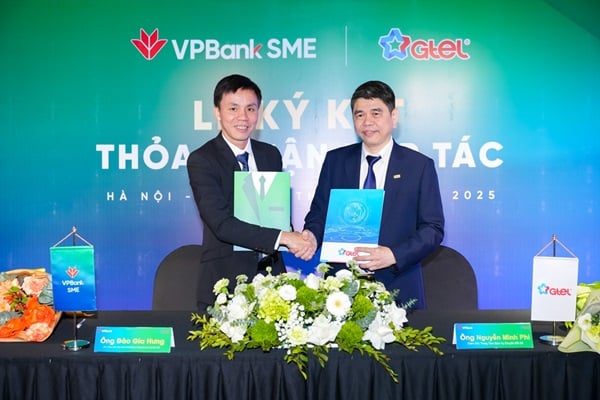

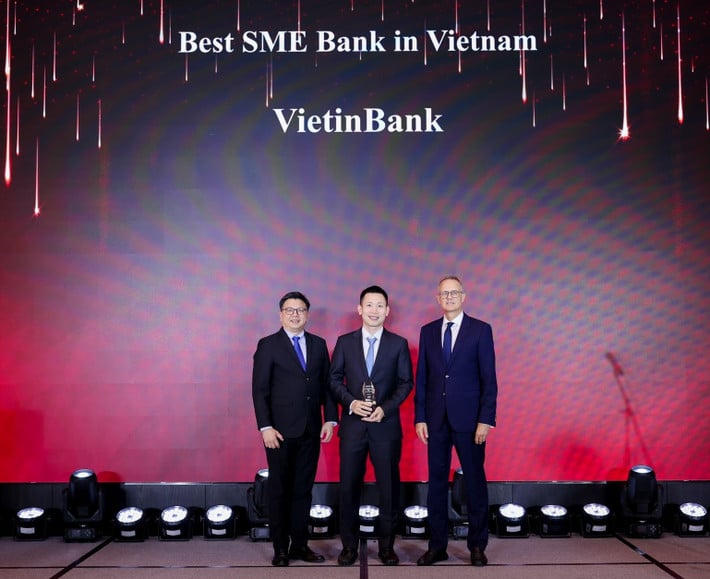


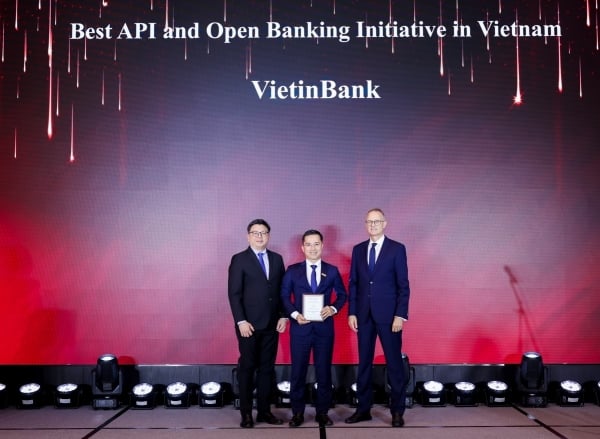

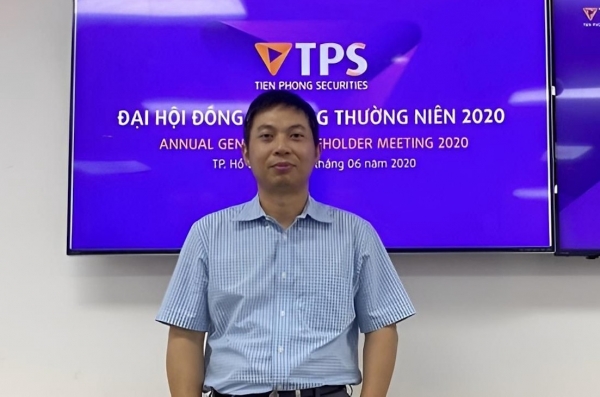

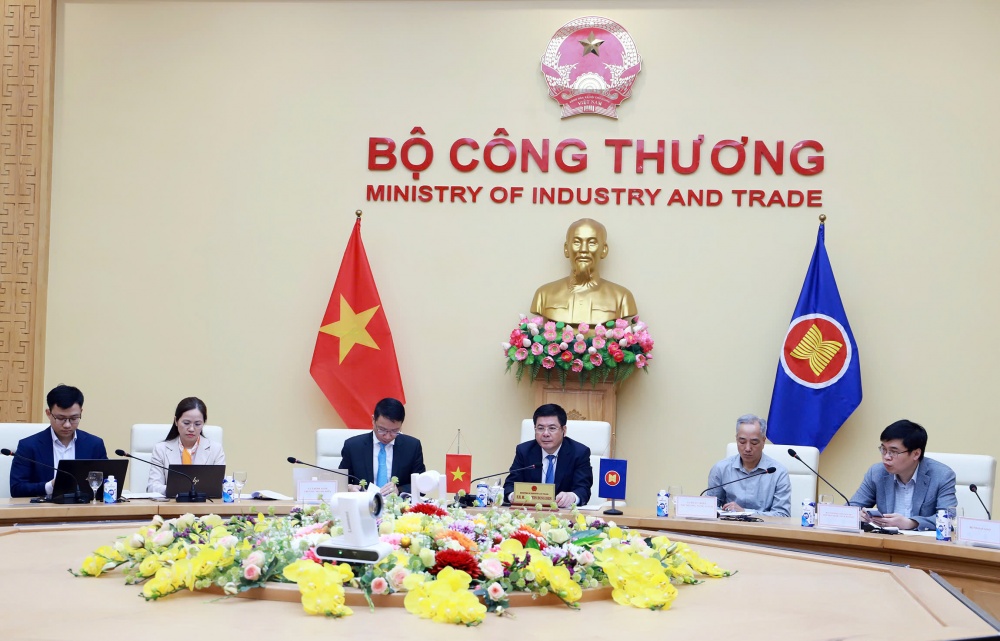

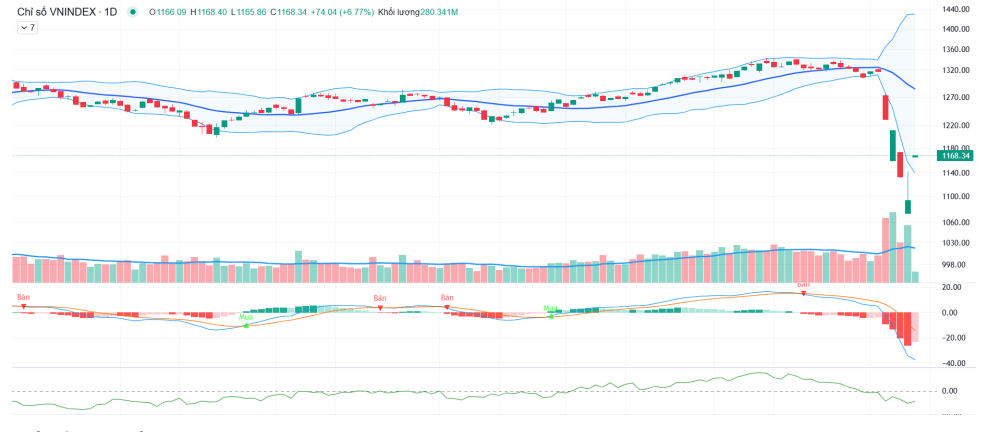
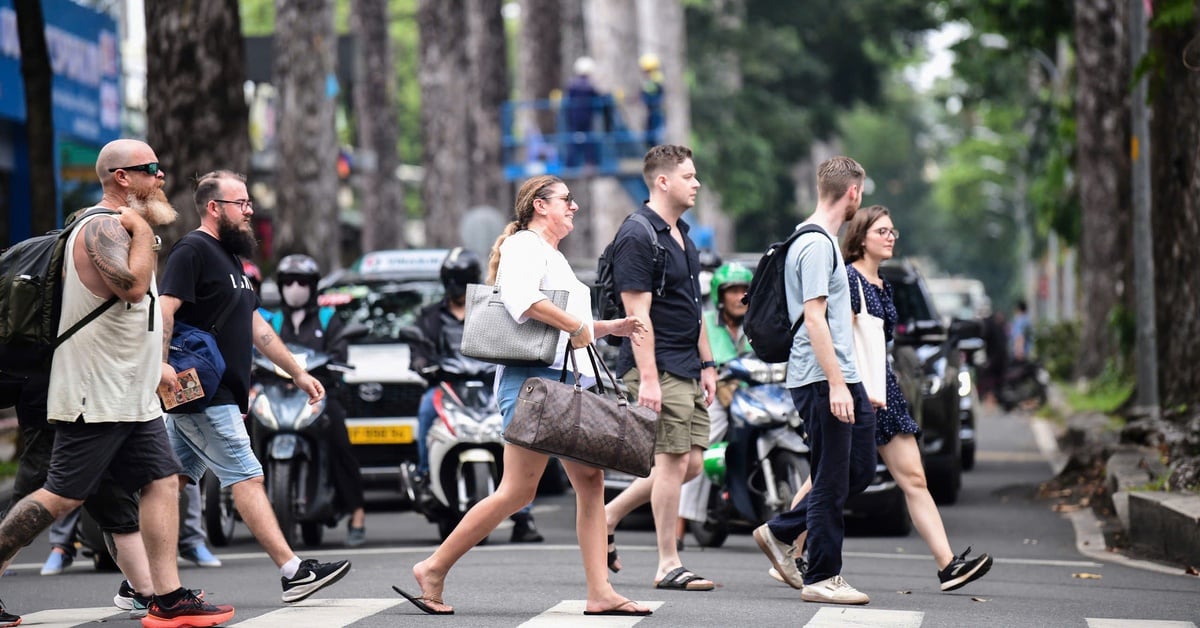




















































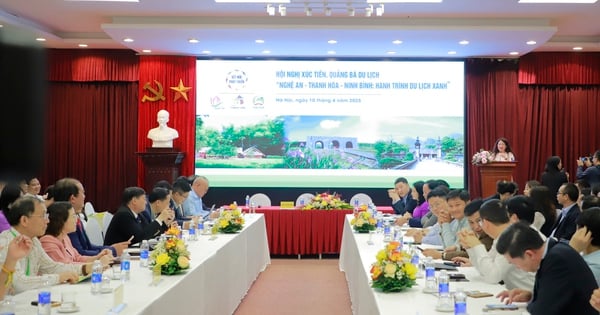



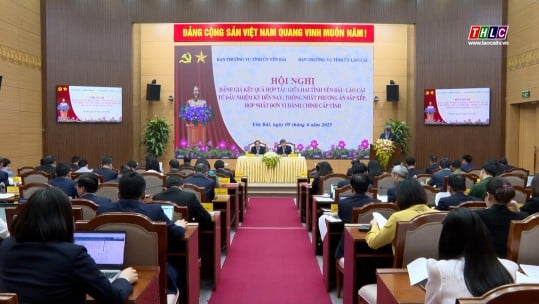
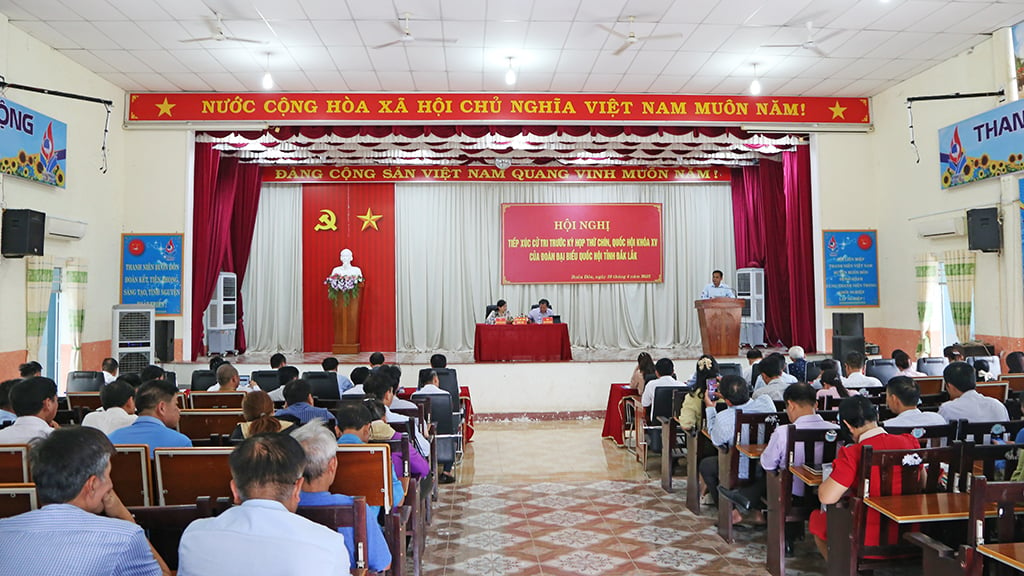
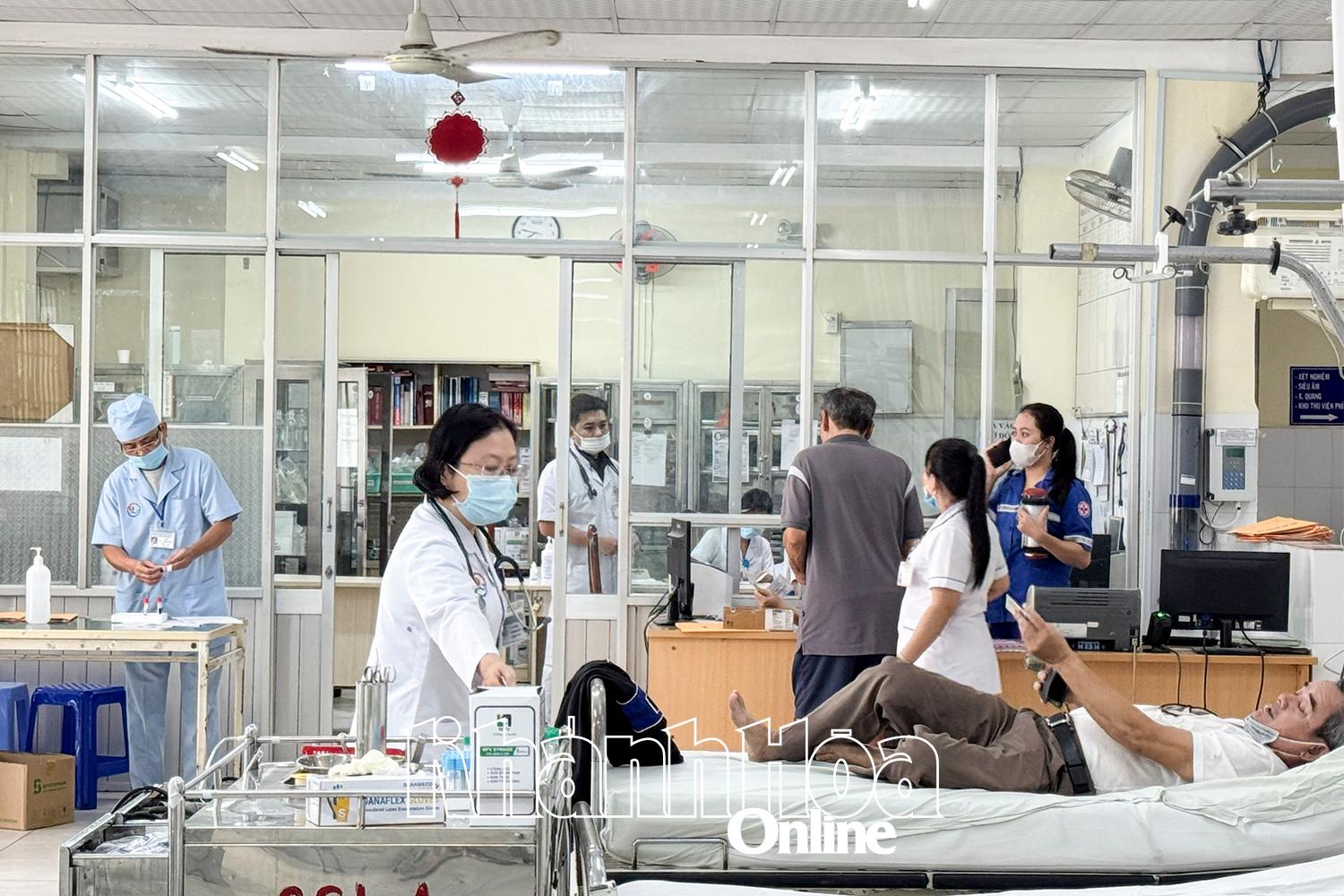



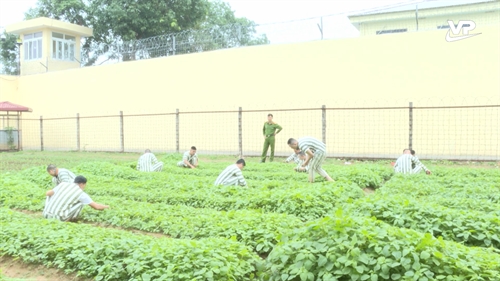
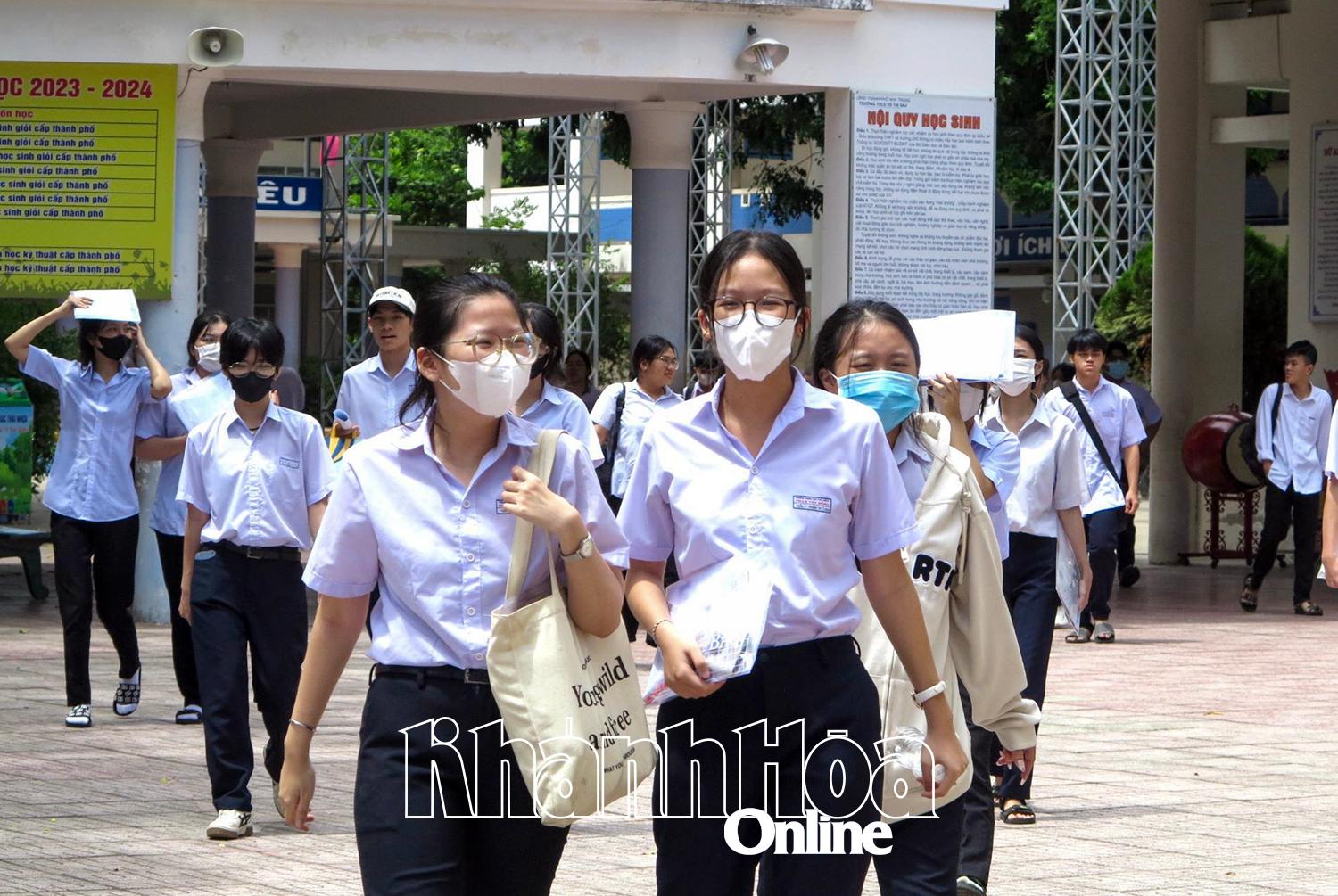








Comment (0)